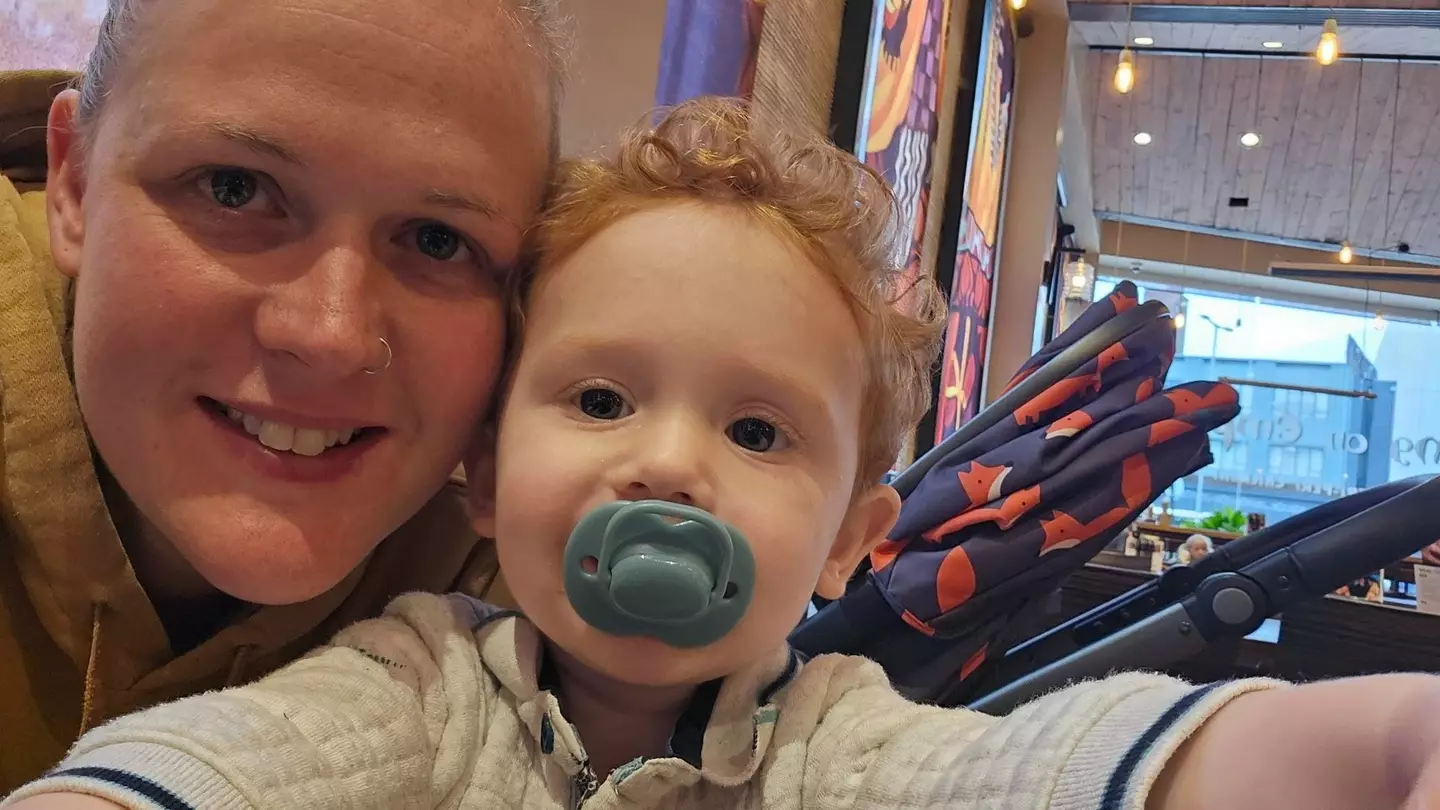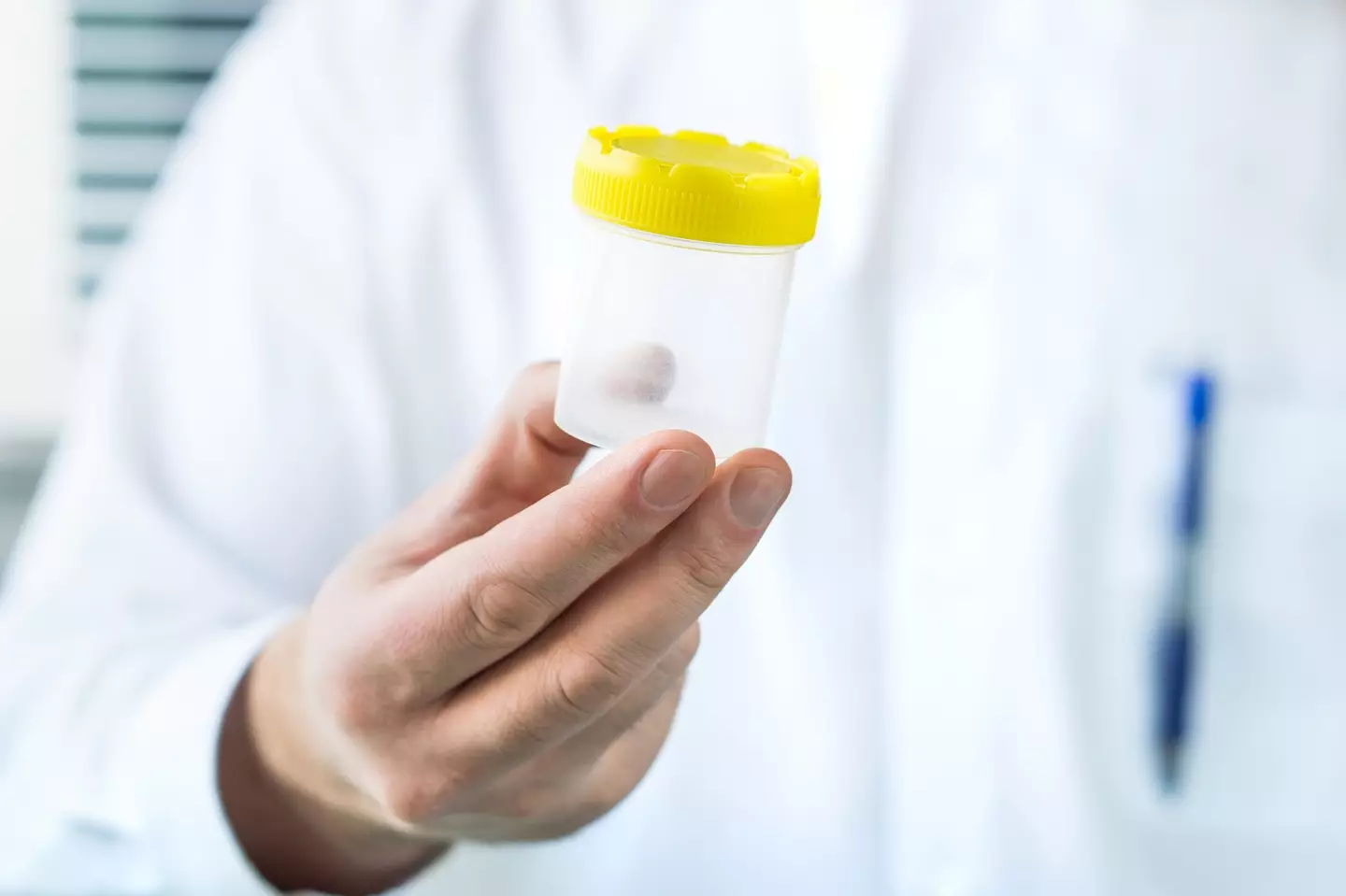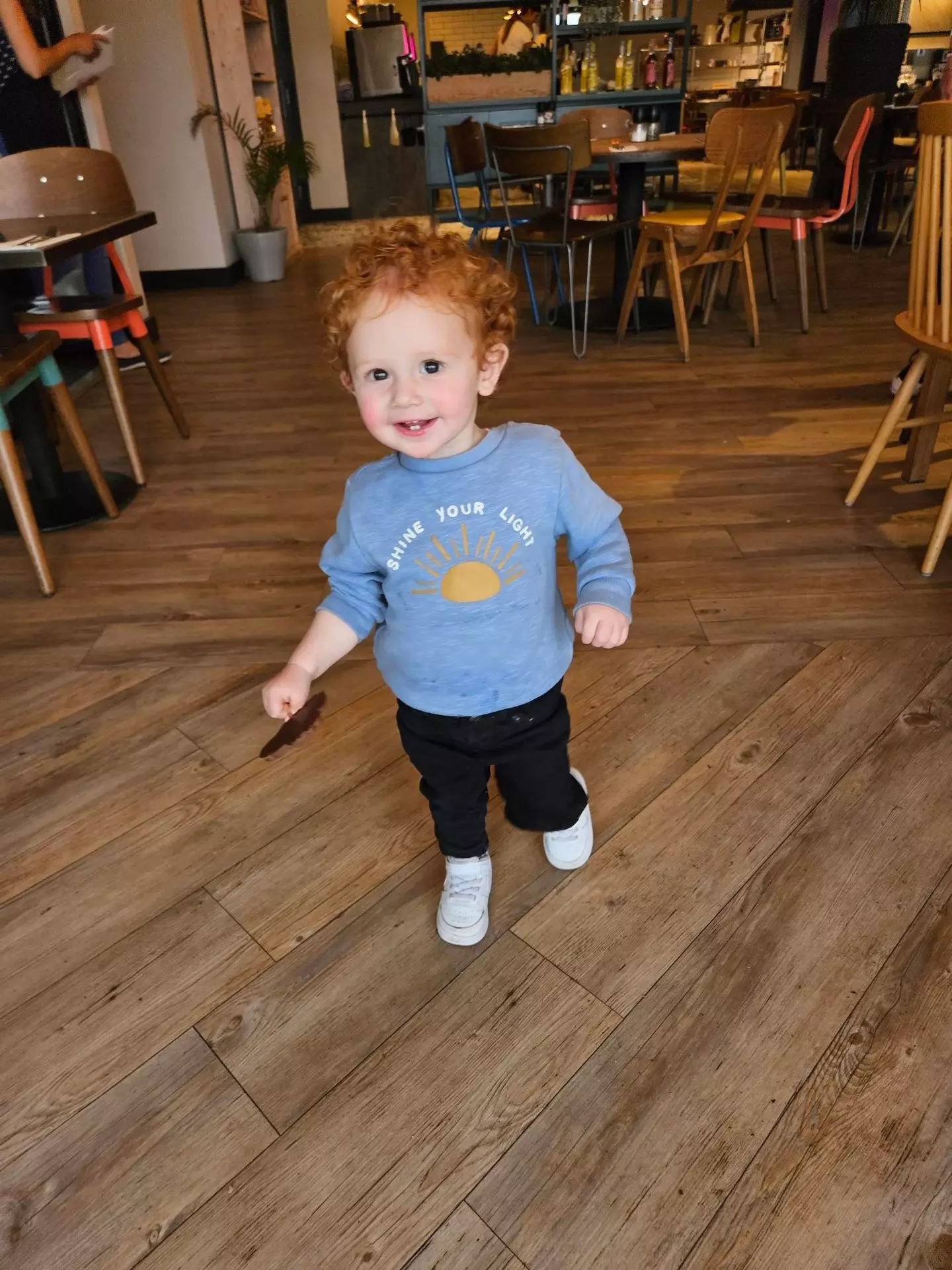
A mum who decided to use 'free sperm off Facebook' to conceive her son has explained why she would never recommend the method to anyone.
The practice of sperm donation has been around for almost 100 years and in that time, it's become more advanced and sophisticated.
For example, men looking to donate their sperm are now required to undergo comprehensive health and genetic screenings, meanwhile sperm samples are tested for diseases before being cryogenically frozen for storage.
In the UK, sperm donation can be administered via a procedure known as intrauterine insemination (IUI).
Advert
IUI is not routinely offered on the NHS, which means many people are faced with paying for it privately.
In the UK, prices vary, but in general, IUI can cost over £1,000 per cycle and often more if donor sperm is also required.

With costs out of reach for many, some parents-to-be have opted to go down a different route, using unvetted sperm from donors they've connected with online.
There are, of course, all kinds of risks associated with this, from health concerns to worries over safety.
Over on Nottingham Sperm Bank, they explain how one of the biggest concerns about unregulated sperm, are the health risks.
"Sperm donors are tested for infectious diseases like HIV, Hepatitis and genetic conditions," they explain.
"Unregulated donors, however, bypass these safeguards. This can put recipients, donors and any resulting children at risk of transmission of serious infections; undiagnosed hereditary conditions [and] uncertain sample quality, which could impact fertility success."

They also explain that the emotional consequences of using unlicensed sperm donors could be severe, for the donor as well as the parent.
"Imagine receiving an unexpected message from an adult who discovered you were their biological and legal parent through at-home DNA testing," they explain.
"Unlike regulated donations, where donor-conceived children have structured access to identifying information after age 18, informal arrangements provide no such clarity or boundaries."
Most clinics also limit the number of families created by each donor, to protect their wellbeing and to avoid any accidental relationships between half-siblings in the future.

Laura Coldman was desperate to give her son a sibling, but she became single in August 2018. After exploring different routes, she stumbled across a Facebook group where men offered to donate their sperm for free.
While her particular sperm donor came 'highly recommended', she thought things were off when she visited him at his Sheffield home and stayed in a 'waiting room', before he delivered the goods around 20 minutes later.
Over seven months, she received three more samples from the donor and eventually fell pregnant in July 2021, before giving birth to a healthy boy, Calum, on April 21, 2022.
However, she's now issued a warning to other women who are considering going down the same route, after it became apparent to her that the donor 'could be anyone'.
Laura revealed that she's essentially had no contact from her donor since Calum's birth, and she is questioning his medical history after Calum began to display neurodivergent traits, including being non-verbal and having a lack of awareness of danger.
"It was risky and I don't regret it because I have my beautiful son - but I absolutely wouldn't do it again and wouldn't recommend it to others either," said Laura.
"You never truly know what you're getting into."
She has now launched a GoFundMe to help find an appropriate bed for Calum, as he is endangering himself by climbing things that he shouldn't.
Topics: Parenting, Health, Social Media, News
